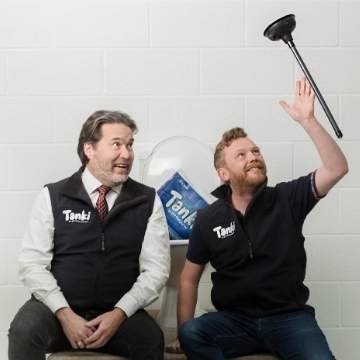How the Material of Thousand Uses Created as Many Problems

The summer of 1907 was particularly sweet for Leo Baekeland. As he gazed at his new wonder material, he knew would not only change the world but expand his empire massively.
His company, the Bakelite Corporation declared the world’s first fully synthetic plastic to be the “material of a thousand uses” and was even used in the construction of the first atomic bomb. As we look forward from 2021, we now face the challenge of using this versatile product more thoughtfully and sustainably without demonising what is still incredibly useful material.
Unsurprisingly, this is not the first (and cannot be the last) occasion where a seemingly innocuous innovation creates problems further down the line. The Wittenoom Asbestos miners famously filled children’s sand pits with the “safe” material and even participated in Asbestos shovelling competitions to pass the time; the site is now regarded as being the Chernobyl of Australia.
In 2011 the author, Susan Freinkel kept a record of everything she touched during one day, from light switches to loo roll to record just how much plastic has crept into our lives whilst writing her book, Plastic: A Toxic Love Story. She found that she made contact with 196 plastic items compared to just 102 natural ones; however, she may have made a slight mistake as there is more to the humble toilet roll than first comes to mind.
On average a 3 ply toilet roll contains over 5g of plastic based lamination glue used to bind the layers together and creates a form of pollution that cannot be captured. When you consider that the UK alone uses enough tissue to go around the world 11 times per day, these figures add up quickly.
Luckily a team working on a solution to blocked toilets and septic tanks have launched a new toilet paper, Tanki, which is completely glue and plastic free. Mark Collins from the company says,
“Originally Tanki was only for cruise ships, but demand is coming from country houses, eco minded holiday parks and hotels that want to do right by the environment and prevent blockages”.
Visit www.tanki.co.uk for more information.



































